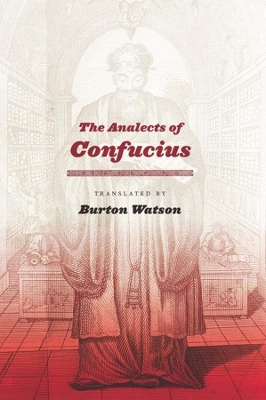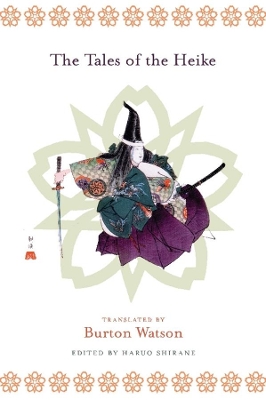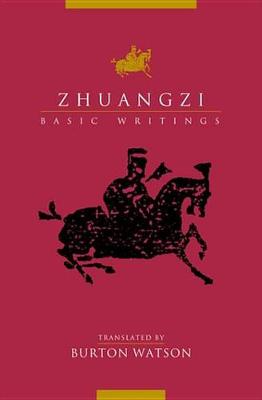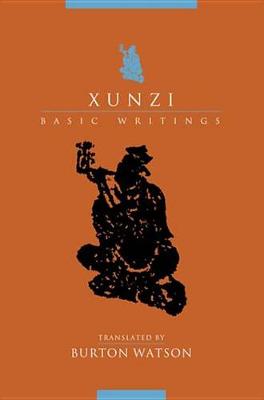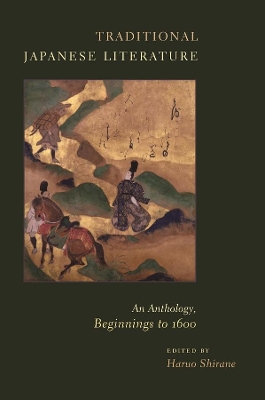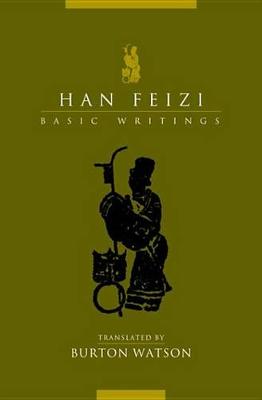Translations from the Asian Classics
6 total works
Compiled by disciples of Confucius in the centuries following his death in 479 B.C.E., The Analects of Confucius is a collection of aphorisms and historical anecdotes embodying the basic values of the Confucian tradition: learning, morality, ritual decorum, and filial piety. Reflecting the model eras of Chinese antiquity, the Analects offers valuable insights into successful governance and the ideal organization of society. Filled with humor and sarcasm, it reads like a casual conversation between teacher and student, emphasizing the role of the individual in the attainment of knowledge and the value of using historical events and people to illuminate moral and political concepts. Confucius's teachings focus on cultural and peaceful pursuits and the characteristics of benevolent and culturally distinguished government. He also discusses ancestor worship and other rites performed for the spirits of the dead. The single most influential philosophical work in all of Chinese history, The Analects of Confucius has shaped the thought and customs of China and neighboring countries for centuries.
Burton Watson's concise translation uses the pinyin romanization system and keeps explanatory notes to a minimum, yet his intimate knowledge of the Confucian tradition and precise attention to linguistic detail capture the original text's elegance, cogency, and wit.
Burton Watson's concise translation uses the pinyin romanization system and keeps explanatory notes to a minimum, yet his intimate knowledge of the Confucian tradition and precise attention to linguistic detail capture the original text's elegance, cogency, and wit.
The Tales of the Heike is one of the most influential works in Japanese literature and culture, remaining even today a crucial source for fiction, drama, and popular media. Originally written in the mid-thirteenth century, it features a cast of vivid characters and chronicles the epic Genpei war, a civil conflict that marked the end of the power of the Heike and changed the course of Japanese history. The Tales of the Heike focuses on the lives of both the samurai warriors who fought for two powerful twelfth-century Japanese clans-the Heike (Taira) and the Genji (Minamoto)-and the women with whom they were intimately connected. The Tales of the Heike provides a dramatic window onto the emerging world of the medieval samurai and recounts in absorbing detail the chaos of the battlefield, the intrigue of the imperial court, and the gradual loss of a courtly tradition. The book is also highly religious and Buddhist in its orientation, taking up such issues as impermanence, karmic retribution, attachment, and renunciation, which dominated the Japanese imagination in the medieval period.
In this new, abridged translation, Burton Watson offers a gripping rendering of the work's most memorable episodes. Particular to this translation are the introduction by Haruo Shirane, the woodblock illustrations, a glossary of characters, and an extended bibliography.
In this new, abridged translation, Burton Watson offers a gripping rendering of the work's most memorable episodes. Particular to this translation are the introduction by Haruo Shirane, the woodblock illustrations, a glossary of characters, and an extended bibliography.
Traditional Japanese Literature features a rich array of works dating from the very beginnings of the Japanese written language through the evolution of Japan's noted aristocratic court and warrior cultures. It contains stunning new translations of such canonical texts as The Tales of the Heike as well as works and genres previously ignored by scholars and unknown to general readers. This volume includes generous selections from Man'yysh, The Tale of Genji, The Pillow Book, Kokinsh, and other classics of Japanese literature, as well as a stunning range of folk literature, epic tales of war, poetry, and no drama. The anthology offers an impressive representation of dramatic, poetic, and fictional works from both high and low culture, along with religious and secular anecdotes, literary criticism, and works written in Chinese by Japanese writers. The wealth of classical poetry, linked verse, and popular poetry is accompanied by extensive commentary. Traditional Japanese Literature is a companion volume to Columbia University Press's Early Modern Japanese Literature: An Anthology, 1600-1900 and part of its four-volume history of Japanese literature.
Arranged by chronology and genre, the readings are insightfully introduced and placed into their political, cultural, and literary context, and the extensive bibliographies offer further study for scholars and readers. Including a wide range of classic and popular works in poetry, prose, and drama, this anthology presents a definitive overview of traditional Japanese literature and deepens our understanding of classical and medieval Japanese culture.
Arranged by chronology and genre, the readings are insightfully introduced and placed into their political, cultural, and literary context, and the extensive bibliographies offer further study for scholars and readers. Including a wide range of classic and popular works in poetry, prose, and drama, this anthology presents a definitive overview of traditional Japanese literature and deepens our understanding of classical and medieval Japanese culture.
Trenchant, sophisticated, and cynical, Han Feizi has been read in every age and is still of interest today when people are more than ever concerned with the nature and use of power. Han Feizi (280?-233 B.C.), a prince of Han, was a representative of the Fa-chia, or Legalist, school of philosophy and produced the final and most readable exposition of its theories. His handbook for the ruler deals with the problems of strengthening and preserving the state, the way of the ruler, the use of power, and punishment and favor. Ironically, the ruler most influenced by Han Feizi, the king of Qin, eventually sent Han Feizi to prison, where he later committed suicide.
